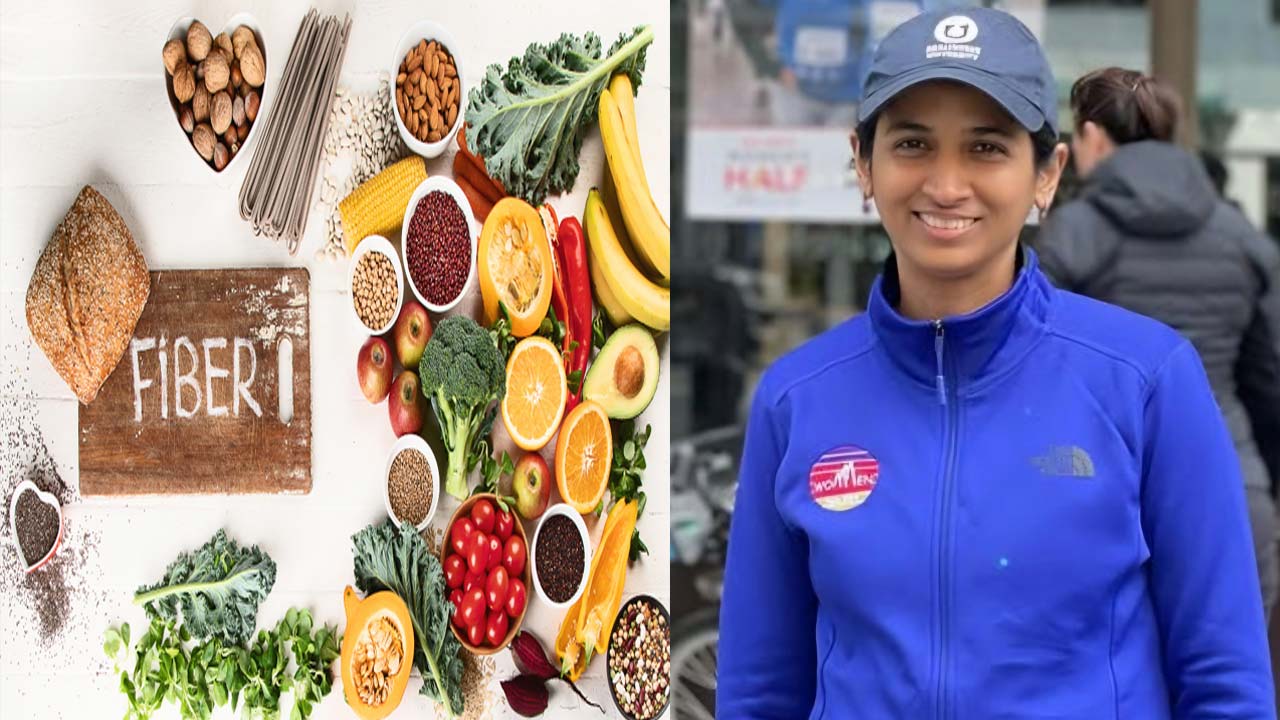
Chicago, USA: At the 2024 American Society of Hematology (ASH) annual meeting held in San Diego, Dr. Urvi Shah of Memorial Sloan Kettering Cancer Center (MSK) shared compelling findings on how diet might influence cancer outcomes.
Dr. Shah's pioneering study highlights that a plant-based, fiber-rich diet could potentially delay the progression of multiple myeloma, a rare and incurable blood cancer that originates in the bone marrow.
“This research underscores the vital role of nutrition—specifically, a high-fiber, plant-focused diet—and how it fosters a healthier microbiome and metabolism to bolster the immune system,” Dr. Shah explained. She emphasized that the study equips medical professionals with tools to guide patients, particularly those with precancerous conditions, on reducing their cancer risk through dietary adjustments.
Breakthrough Study on Dietary Intervention
Dr. Shah’s clinical trial, known as the NUTRITION study, is the first of its kind and involved 20 participants diagnosed with precancerous blood disorders and elevated body mass index (BMI), which is associated with an increased likelihood of developing multiple myeloma.
Over a 12-week period, participants followed a plant-based, high-fiber diet, paired with 24 weeks of dietary coaching. The results were promising: none of the participants progressed to multiple myeloma within a year of starting the trial, and two individuals who had previously shown disease progression experienced significant improvement.
The Role of a Plant-Based Diet
The participants were encouraged to consume unlimited quantities of whole plant foods, such as fruits, vegetables, legumes, nuts, seeds, and whole grains. This dietary shift led to substantial health benefits, including improved gut microbiome health, reduced inflammation, enhanced quality of life, and decreased insulin resistance. On average, participants lost 8 percent of their body weight during the first 12 weeks.
Further evidence came from an animal study involving a smoldering myeloma mouse model. Nearly half (44 percent) of the mice on a high-fiber diet did not develop myeloma, compared to 100 percent progression in those fed a standard diet.
A Growing Concern and Hope for the Future
Multiple myeloma is the second most common blood cancer and often evolves from precursor conditions like monoclonal gammopathy of undetermined significance (MGUS) and smoldering myeloma. Poor eating habits and low consumption of plant-based foods have been linked to an elevated risk of developing the disease. Individuals with these precancerous conditions and high BMI face double the risk of progression compared to those with a normal BMI, underscoring the urgency of early intervention through dietary changes.
Building on these encouraging results, Dr. Shah is spearheading a larger multi-center trial called NUTRIVENTION-3, which will involve 150 participants. This trial aims to deepen the understanding of the relationship between diet and cancer progression.
“These results emphasize the power of lifestyle modifications in preventing cancer,” Dr. Shah noted. “As research continues, we hope to offer patients more ways to actively manage their health and reduce their cancer risk.”





















